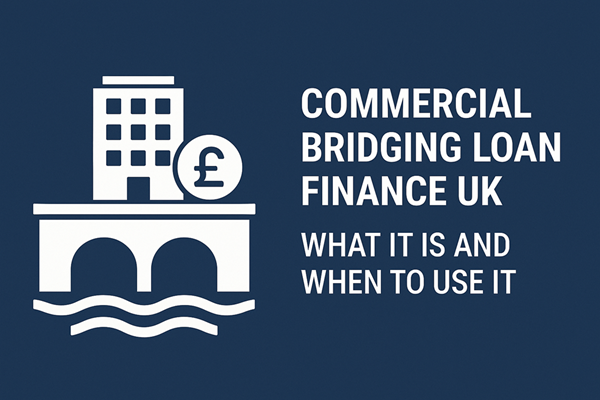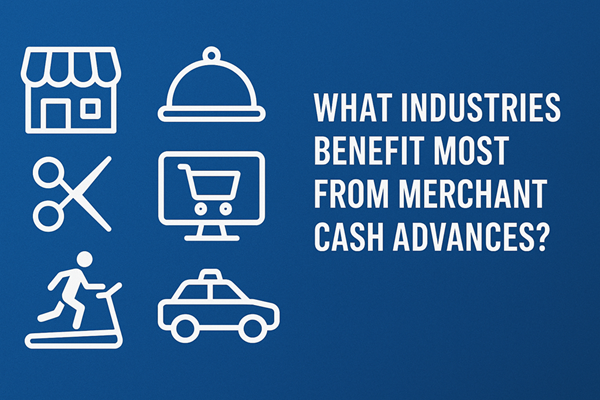Understanding Invoice Financing and Invoice Factoring
Though often used interchangeably, the terms ‘invoice financing’ and ‘invoice factoring’ actually refer to two different facilities.
Understanding these differences is essential to ensuring you make the right choice for your business.

Invoice Financing:
- Definition: Invoice financing, also known as accounts receivable financing, is an arrangement where a business borrows money against its outstanding invoices. It provides immediate cash flow by advancing a portion (typically 80-90%) of the invoice’s value.
- Ownership of Invoices: Your business takes full responsibility for collecting outstanding debts from customers, with no direct involvement from the service provider.
- Confidentiality: This, in turn, means that your customers are not made aware of the fact that you are borrowing against their debts, maintaining confidentiality.
- Repayment: The business is responsible for repaying the borrowed amount, along with any fees or interest charges when the customer pays the invoice.
- Suitability: Invoice financing is well-suited for small to medium-sized businesses that require a flexible and confidential solution to improve cash flow without surrendering control of their customer relationships.
Invoice Factoring:
- Definition: By contrast, invoice factoring involves selling your outstanding invoices to a factoring company (factor) at a discount. The factor assumes responsibility for collecting payment from your customers.
- Ownership of Invoices: In invoice factoring, the factor takes control of your sales ledger and credit control functions.
- Transparency: Since the factor manages collections, your customers are aware of the financing arrangement.
- Repayment: There is no repayment involved as you have already sold the invoices – you receive an immediate cash injection.
- Suitability: Invoice factoring is typically more suitable for larger businesses that may lack the resources or desire to manage credit control in-house and are comfortable with their customers knowing about the arrangement.

Comparing Invoice Financing and Invoice Factoring
While both invoice financing and factoring can play a crucial role in maintaining healthy cash flow, their defining characteristics should be carefully considered before deciding which is right for you.
Examples of these include:
Control and Customer Relationships
- Invoice Financing: You maintain control of your customer relationships and credit control. This can be a vital consideration for businesses where customer relationships are highly valued.
- Invoice Factoring: Customer debts are passed on to the factor, which may impact how your customers perceive your business.
Confidentiality
- Invoice Financing: You can keep the financing arrangement confidential, ensuring your customers are unaware of it.
- Invoice Factoring: It is not confidential, as the factor takes over collections and your customers will be informed.
Flexibility
- Invoice Financing: Offers greater flexibility as you can choose which invoices to finance and when.
- Invoice Factoring: Less flexible, as you sell a package of invoices to the factor as a bundle.
Cost
- Invoice Financing: Typically, costs are lower than factoring as you are only borrowing against invoices.
- Invoice Factoring: Costs can be higher due to the added service of credit control and collections.
Business Size
- Invoice Financing: Ideal for smaller businesses with limited resources for credit control.
- Invoice Factoring: More suitable for larger businesses with higher invoice volumes.
Customer Perception
- Invoice Financing: Customers will not be aware you are using an invoice finance facility, which can help maintain a positive perception.
- Invoice Factoring: Customers know you are borrowing against their debts, which could affect their perception of your business.
In addition to the above, it is also essential to take into account your short and long-term business goals, whether your cash flow needs are temporary or ongoing and whether the fees and charges applicable align with your budget.

Prior to submitting an application, consulting with an established broker can help you determine your suitability for invoice financing or factoring while ensuring your requirements are paired with a top-rated UK lender.
Along with negotiating on your behalf, your broker will compare the specialist lending market in its entirety to ensure you get an unbeatable deal.






